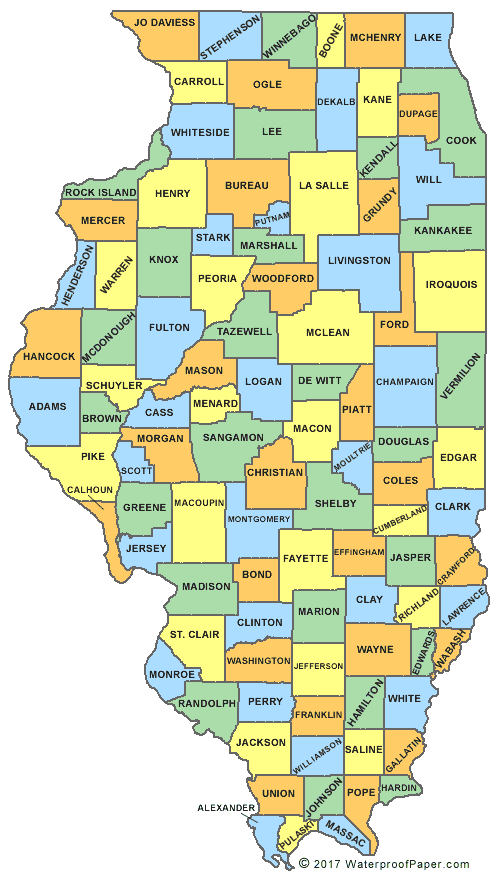Thomas Arnold Hill, early leader of the National Urban League, was born in 1888 in Richmond, Virginia to Reuben and Irene Robinson Hill. He studied at Richmond Business School and received his Bachelor of Art degree at Virginia Union University in 1911. Hill then studied sociology and economics at New York University.
In 1914, Hill was hired by the New York City branch of the National Urban League (1912) where he worked as personal secretary of Eugene Kinkle Jones. He soon joined forces with Jones and fellow League workers to create additional leagues in neighboring cities.
With the onset of the Great Migration during World War I, Hill recognized the need for a local affiliate in Chicago, a common destination for many of the migrants. In 1917, he opened the Chicago Urban League and served as its first executive secretary. During the bloody Chicago Race Riot (1919), Hill transformed the Chicago office into an emergency center to help mollify anger, improve race relations, provide assistance to those adversely affected, and disseminate information.
In the aftermath of the violence that killed dozens and injured hundreds, Hill and fellow League employees called upon Illinois Governor Frank O. Lowden to create an emergency committee to investigate the cause of the riot and take proactive measures to prevent such an event from recurring. Governor Lowden responded with the creation of the multi-racial Chicago Commission on Race Relations, which released findings in The Negro in Chicago: A Study of Race Relations and a Race Riot (1922). The report offered fifty-nine recommendations, including heightened police oversight, police reform, an end to discrimination, the inclusion of African Americans in organized labor, and the creation of neighborhood programs emphasizing racial tolerance.
During the Great Depression, Hill and other League leaders fought for the inclusion of African Americans in the National Industrial Recovery Act and other legislated economic recovery measures. Using their influence as League members, they lobbied Washington, D.C., demanding accountability. Furthermore, Hill spearheaded the creation of Emergency Advisory Councils, which informed African Americans of their legal rights and directed them to the proper authorities to file complaints.
Hill resigned from the League in 1940 after a series of disputes with National Urban League Executive Director, Eugene Kinkle Jones. Throughout the course of his life, Hill worked to increase employment opportunities for African American laborers, becoming the preeminent authority on industrial relations. He also supported vocational training for African Americans and published his ideas regarding the creation of the Vocational Opportunity Campaign (VOC) in the March 1930 issue of the League’s Opportunity magazine. Created to inspire African American men to seek out industrial training and help place them in the appropriate employment, the VOC operated successfully for twenty years.
Hill died of an acute illness on June 30, 1947 in Cleveland, Ohio.

